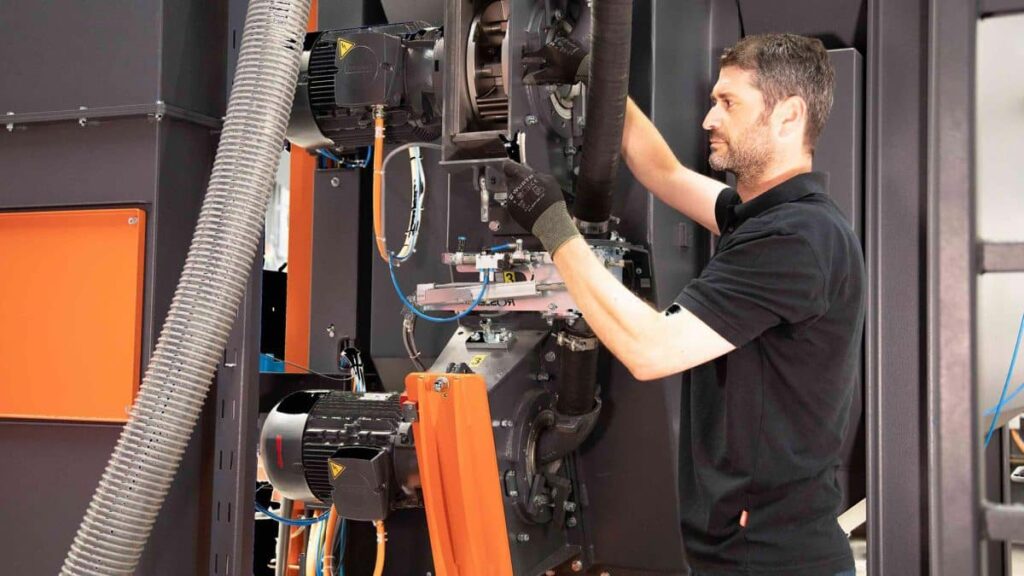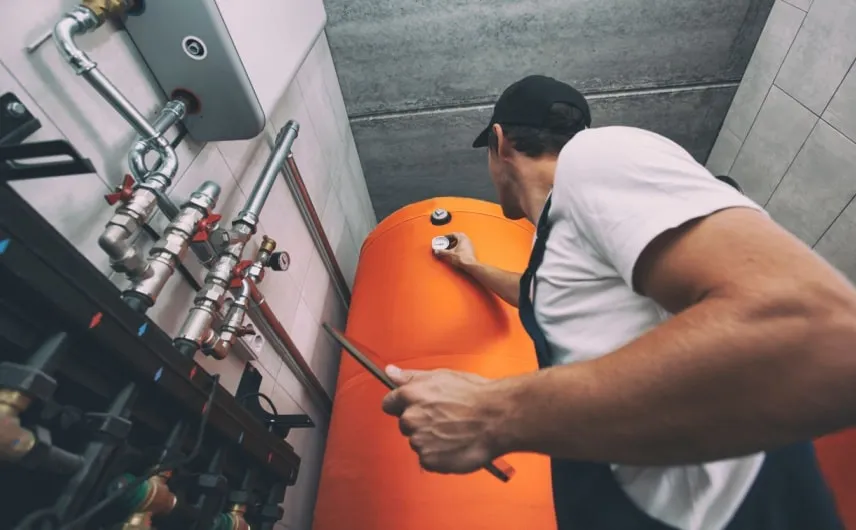Energy-Efficient Retrofitting: A Smart Investment for Sustainable Living
Energy-efficient retrofitting enhances existing buildings by incorporating modern technologies and sustainable solutions to improve energy performance. By upgrading insulation, HVAC systems, windows, and lighting, homeowners and businesses can significantly reduce energy consumption, lower utility costs, and minimize environmental impact.

Why Energy-Efficient Retrofitting Matters
With rising energy costs and growing concerns about climate change, improving energy efficiency in older buildings has never been more critical. Retrofitting not only helps in reducing greenhouse gas emissions but also increases comfort, enhances property value, and extends the lifespan of buildings.

Key Strategies for Energy Efficient Retrofitting
Enhancing wall, roof, and floor insulation reduces heat loss in winter and heat gain in summer. Sealing gaps around doors, windows, and ductwork prevents air leakage and enhances energy conservation.
Upgrading to high-efficiency HVAC systems improves temperature regulation while reducing energy consumption. Implementing smart thermostats and zoning systems optimizes heating and cooling based on occupancy.
Replacing traditional incandescent bulbs with LED lighting significantly reduces electricity use. Utilizing motion sensors and daylight harvesting systems ensures efficient lighting control.
Installing solar panels or wind turbines can generate renewable electricity, reducing dependence on the grid. Solar water heating systems provide an eco-friendly alternative to traditional water heating methods.
Low-flow fixtures and rainwater harvesting systems help conserve water and reduce energy costs associated with water heating. Smart irrigation systems optimize water usage in landscaping.
Automated energy management systems monitor and optimize energy use in real time. Internet of Things (IoT) devices allow remote control of lighting, HVAC, and other energy-consuming appliances.
Benefits of Energy Efficient Retrofitting
Cost Savings: Reduced energy bills due to improved efficiency.

